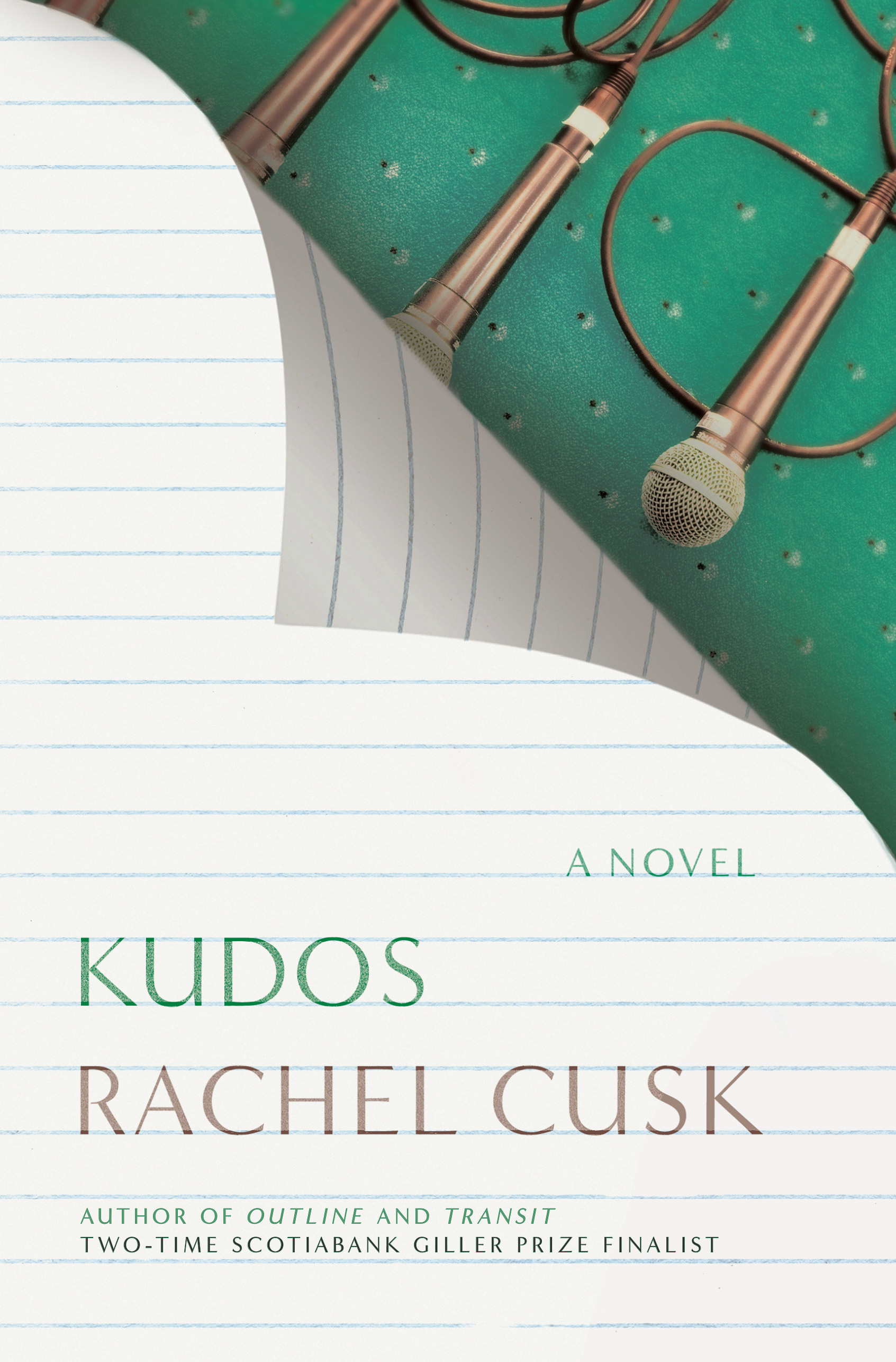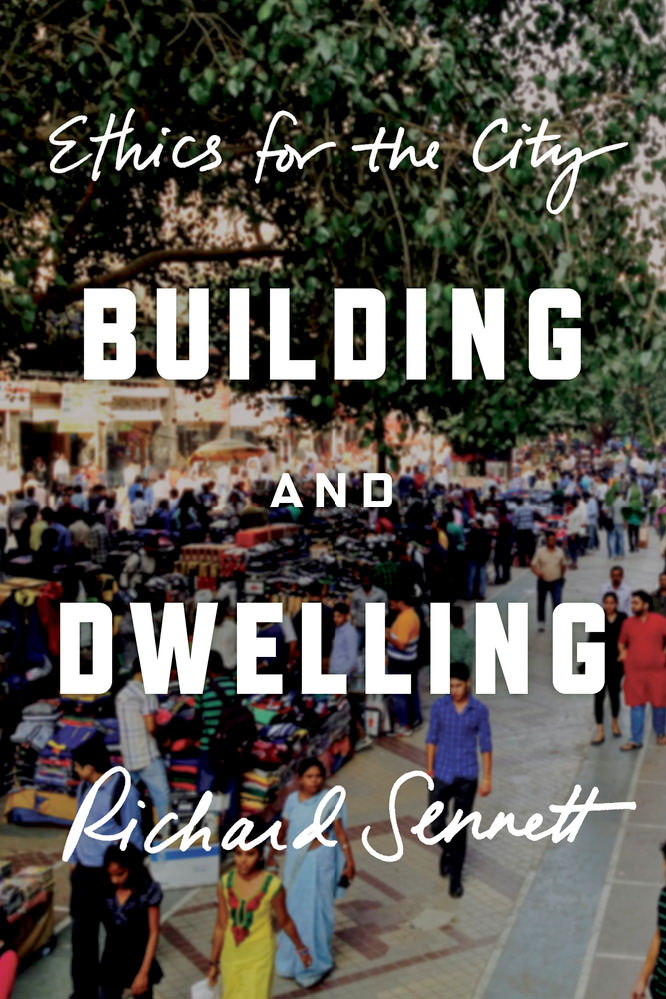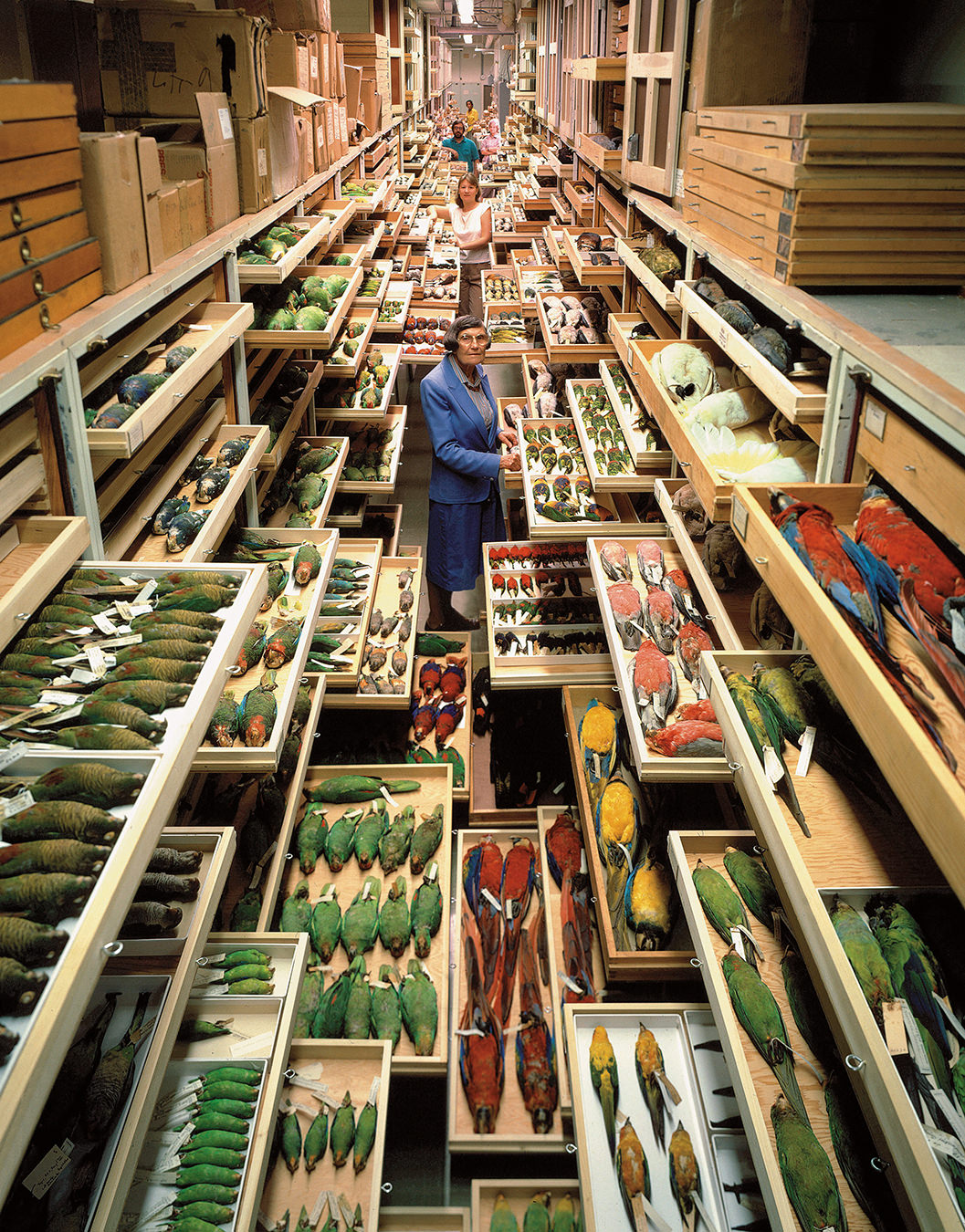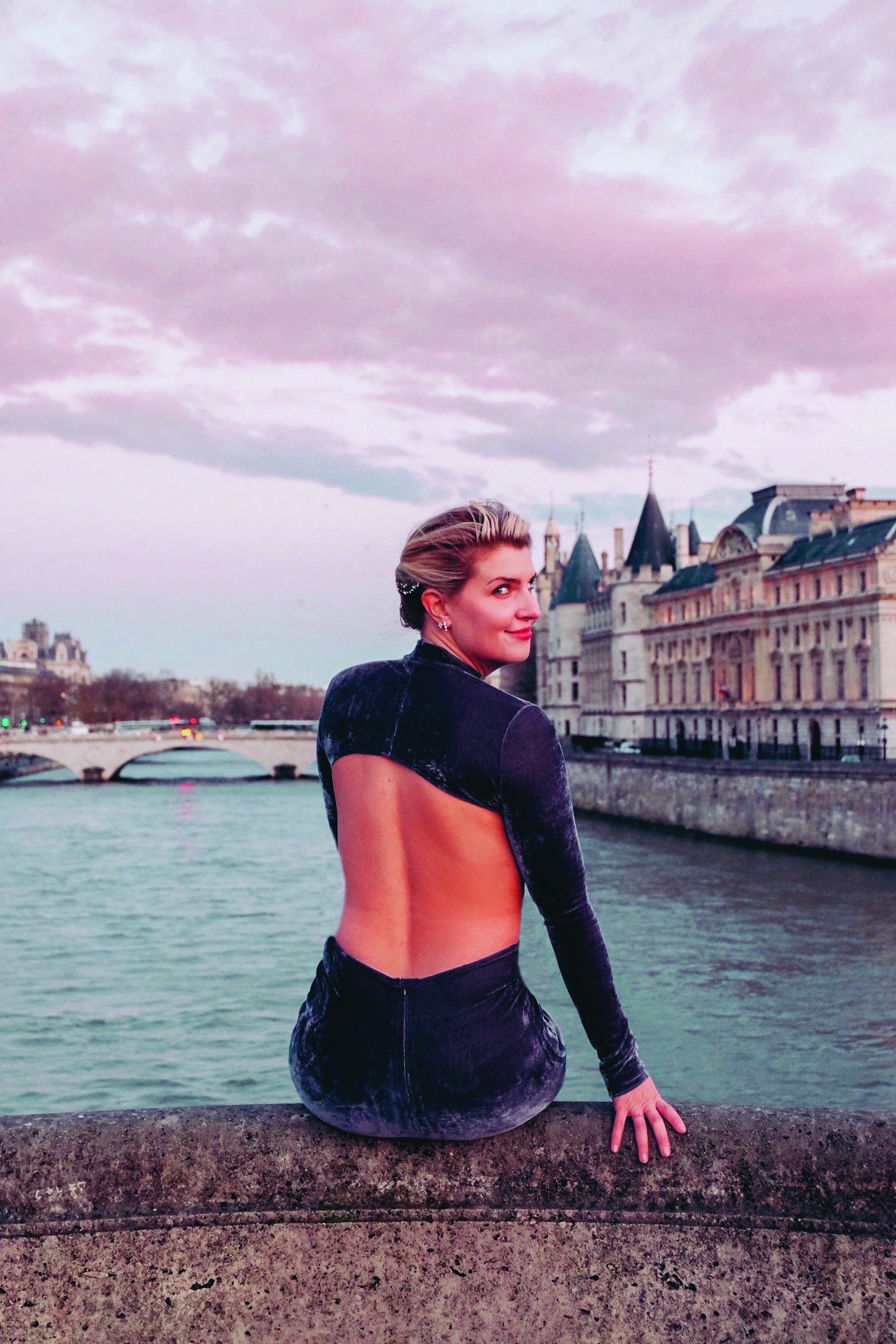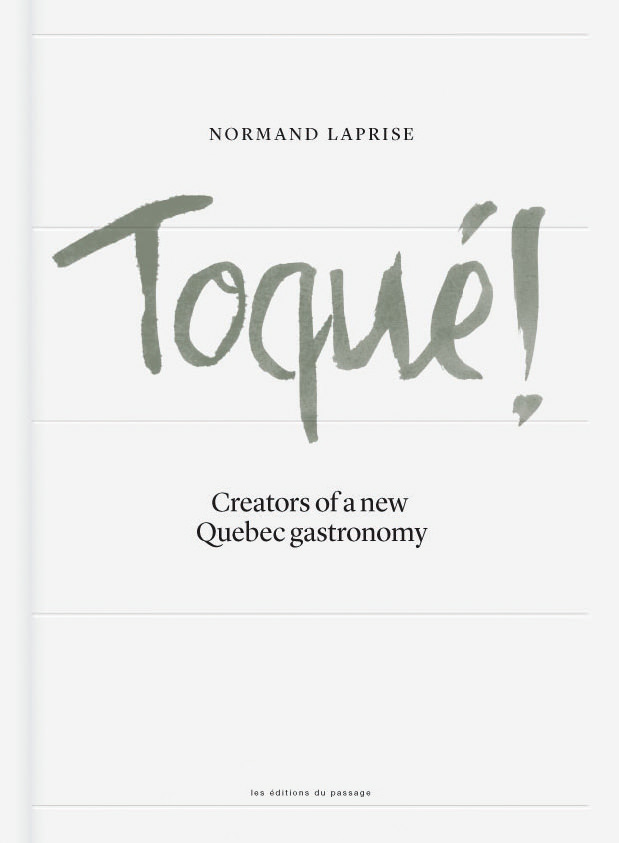Just Our Type: Fall Reads
Essential autumn reading.
Kudos by Rachel Cusk
Canadian-born British novelist Rachel Cusk’s incredible trilogy has come to a fitting, shattering conclusion with Kudos. It began with 2014’s Outline, followed by Transit in 2016, and with the appearance of each title Cusk’s reputation has grown exponentially, and deservedly. Perfectly paced, deeply mysterious, savagely taunting of our expectations for what a novel is, or can allow itself to be, Cusk has built a downward trajectory from rueful, dark comedy through emptied-out, troubled half-laughs, to a fully cored-at-the-centre, existential blankness that will trouble readers long after the third book’s climactic scene of abject estrangement has been put down.
Faye is the nominal protagonist—she’s more of a sundial—at the centre of the three slim novels. We can’t picture her, as her physical appearance is never described. We’ve gleaned a few details of her life almost by accident: she recently ended her marriage, has kids, gets by as a writer of some note. Otherwise, Faye is shown in her own story only insofar as the people around her would like it. She’s a repository for the narrations and digressions of those she finds herself in the company of, and not because she only meets bullies and blowhards. Faye indulges them, inquires further, and offers brief countering opinions, but mostly she attends. If listening to others could be taken as an ethical good, Faye verges on sainthood. So why are these novels so deeply unsettling? If a protagonist’s disposition toward the world, on the face of it, is ultimately selfless and caring, why does Faye exist as this cypher? A thin shadow or neutral colour, alive only in contour, as though she’d prove immaterial were she to be physically embraced?
Cusk has created a narrator who narrates nothing of her self. She’s fallen silent on the subject of her own story. She may have renounced belief in one. It’s not only that others seem to have forgotten to ask (a few characters appear with some knowledge of Faye’s personal past), it’s that the heart of her self-narration has stopped entirely, gone AWOL, or been omitted in the intervals between others. Some sadistic editor, unchained from the boiler room of the mid-century Sorbonne, has taken a scalpel to the passages of self-as-it-appears-to-the-self. We’ve been told that Robert Musil is a giant of 20th-century literature; Cusk has stared down that unwieldy tome of his, The Man Without Qualities, and given us her Woman Without… Without… Well, Without. A world-class talent, frightening, courageous, and necessary.
Building and Dwelling: Ethics for the City by Richard Sennett
Richard Sennett has been thinking about cities for decades, those teeming, protean, chaotic centrepieces of our built environment where questions of ethics come to bear directly on how we organize ourselves in close quarters. Building and Dwelling: Ethics for the City is Sennett’s latest offering, and it should be compulsory reading for urban dwellers of all strata, from those in power to the curious and conscious activist.
A teacher of urban studies at the London School of Economics and Harvard University, and a senior fellow at Columbia University’s Center on Capitalism and Society, Sennett nonetheless finds time to direct UN initiatives aimed at 21st-century urban development. He’s also written a boatload of erudite, engaging, piercing works of non-fiction. In Building and Dwelling, he takes us back to the agora and pnyx (amphitheatre) in ancient Athens, to Heidegger’s four-room hut in Todtnauberg, through the present-day barrios above Medellín, Colombia, and the uniform hyperdevelopment of Shanghai, to name a small sample, in a search for open and closed urban expressions and modes of being in a city.
Sennett’s prose is thick with information, local detail, and the palpably affectionate curiosity of its author. We’re even walked through a design proposal he worked on in conjunction with others for the redevelopment of one end of the National Mall in Washington, D.C. This is notable not as a humblebrag because the project failed, the bid going to other developers. We’re offered a window on what Sennett and his team were trying to do, why they were trying to do it, and what he learned from having missed the mark.
From Shinto gardens—the historical shift of natural stones from a base of belief to free-floating signifiers—to what can be salvaged and updated in the monstrously grand visions of Western giants like Haussmann, Olmsted, Moses, and Le Corbusier, Sennett is consistently fascinating and a genuinely global thinker. I’d spent a lifetime assuming our pathological love of the grid system in city development was nothing more than a New World desire to expand and sprawl, maybe combined with a brute disregard for aesthetic concerns. Now I know, thanks to Sennett, that it carries inside it the socialist-idealist grand vision of Ildefons Cerdà, whose dream is still visible skirting Barcelona.
If Cusk has created a frightening study of one woman’s radical decoupling from her own story, Sennett has made a life’s work of illuminating all the potential sites for deepening the meaning of our lives that are latent in our built environment. From simple plastic benches to democratic uses of high tech, from water usage to rising sea levels, we’ve made a thousand past mistakes, all of them waiting to be corrected, enhanced, reintegrated, or revolutionized.
_________
Never miss a story. Sign up for NUVO’s weekly newsletter, here.





